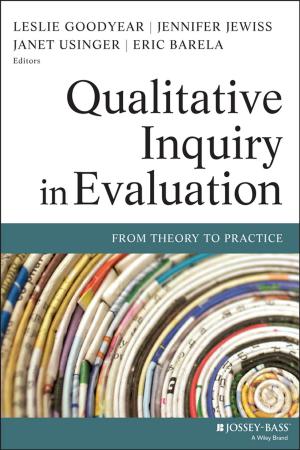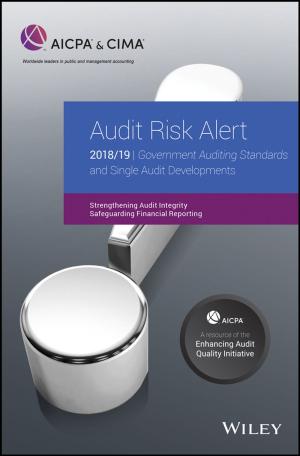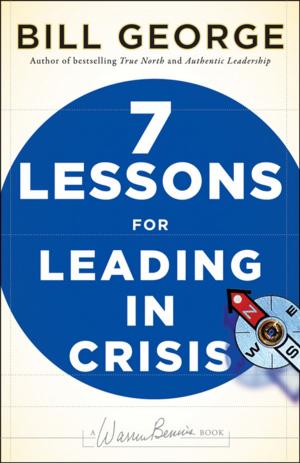Becoming a Reflective Practitioner
Nonfiction, Health & Well Being, Medical, Nursing, Fundamentals & Skills| Author: | Christopher Johns | ISBN: | 9781118492307 |
| Publisher: | Wiley | Publication: | April 3, 2013 |
| Imprint: | Wiley-Blackwell | Language: | English |
| Author: | Christopher Johns |
| ISBN: | 9781118492307 |
| Publisher: | Wiley |
| Publication: | April 3, 2013 |
| Imprint: | Wiley-Blackwell |
| Language: | English |
'Christopher Johns is an internationally recognised pioneer of reflective practice in nursing and health care’ (Nursing Standard)
Becoming a Reflective Practitioner provides a unique insight into reflective practice, exploring the value of using models of reflection, with particular reference to Christopher Johns' own model for structured reflection. Now in its fourth edition, this book has been completely revised and updated to include up-to-date literature and reflective extracts.
Contemporary in approach, this definitive text contains a variety of rich and insightful reflective extracts that support the main issues being raised in each chapter, and challenges practitioners and students to question their own practice. Now with further scenarios and case studies included throughout, these extracts provide the reader with access to the experience of reflective representation helping to explicate the way in which reflective practice can inform the wider notion of professional practice. The fourth edition of Becoming a Reflective Practitioner should be essential reading to everybody using reflection in everyday clinical practice.
Special Features
- New, fully updated edition of a seminal text in the field
- Includes an additional chapter looking at existing studies on reflective practice
- Scenarios and case studies provided throughout
- A practical guide to using reflection in everyday clinical practice
'Christopher Johns is an internationally recognised pioneer of reflective practice in nursing and health care’ (Nursing Standard)
Becoming a Reflective Practitioner provides a unique insight into reflective practice, exploring the value of using models of reflection, with particular reference to Christopher Johns' own model for structured reflection. Now in its fourth edition, this book has been completely revised and updated to include up-to-date literature and reflective extracts.
Contemporary in approach, this definitive text contains a variety of rich and insightful reflective extracts that support the main issues being raised in each chapter, and challenges practitioners and students to question their own practice. Now with further scenarios and case studies included throughout, these extracts provide the reader with access to the experience of reflective representation helping to explicate the way in which reflective practice can inform the wider notion of professional practice. The fourth edition of Becoming a Reflective Practitioner should be essential reading to everybody using reflection in everyday clinical practice.
Special Features
- New, fully updated edition of a seminal text in the field
- Includes an additional chapter looking at existing studies on reflective practice
- Scenarios and case studies provided throughout
- A practical guide to using reflection in everyday clinical practice















